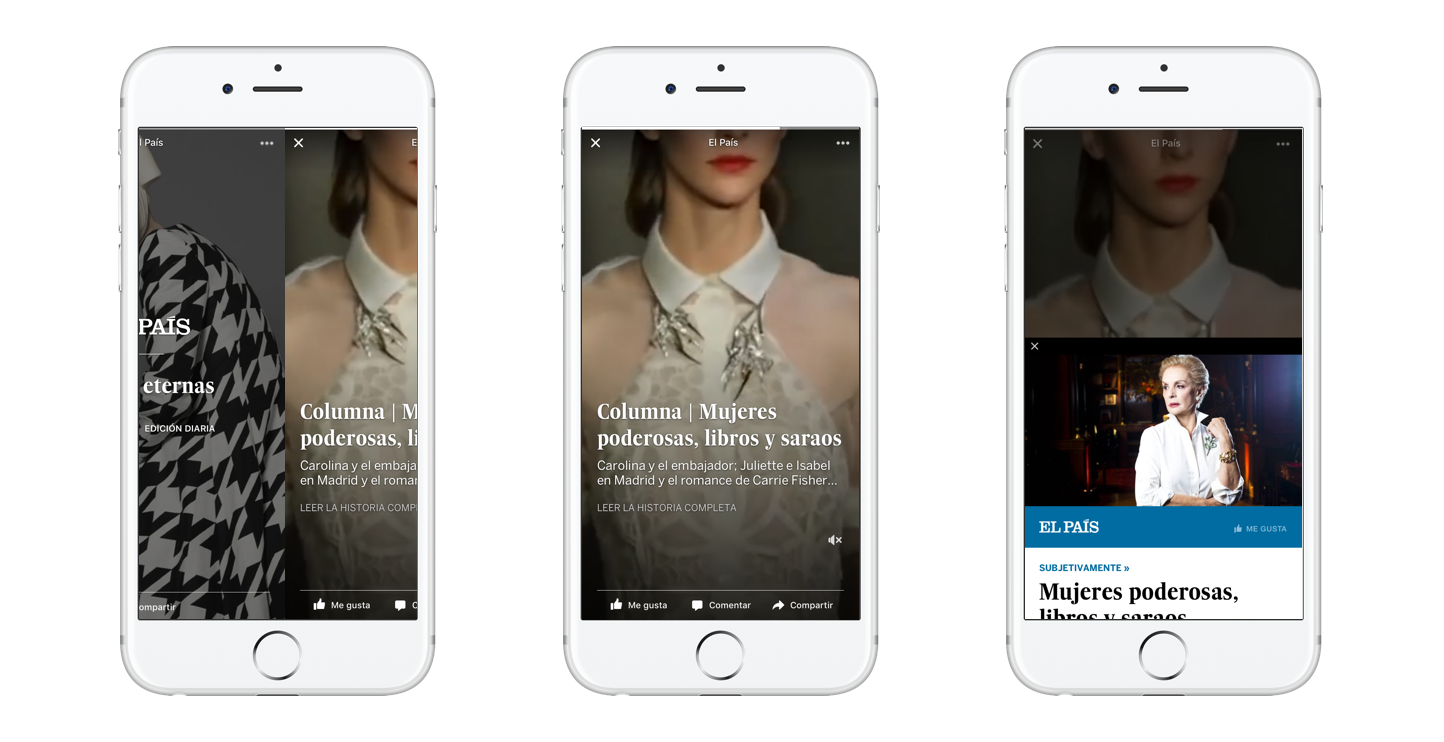Facebook is rolling out a somewhat amorphous Journalism Project, the company announced Thursday. The goal: “to support journalism and news literacy, and to serve as a hub for journalists and publishers to learn and share.”
There isn’t a ton that’s new here — the announcement bundles in previously announced projects like training courses for journalists (which have received not-great reviews) and efforts to clamp down on fake news by working with third-party fact-checking sites.Here’s what seems new and tangible, as Facebook says it’s beginning “an even deeper collaboration with news organizations across the spectrum, connecting our product and engineering teams so that we can build together from the early stages of the product development process.” (There are also super-vague mentions of building something around local news and “continuing to listen.”)
— New formats, like packages of stories. “We’re starting to work with several partners on how best to do this. We’re going to start testing this using Instant Articles, so that readers can start to see multiple stories at a time from their favorite news organizations.” A separate post details how this will work: “Publishers simply choose the articles and a cover image or video to package together in a set of Instant Articles.” It looks a bit like Flipboard and is currently being tested with Bild, BuzzFeed, El Pais, Fox News, Hindustan Times, India Times, Refinery29, The Sun, USA Today, and The Washington Post.

— Non-ad-based business models, including subscriptions:
Many of our partners have placed a renewed emphasis on growing their subscription funnel…this month our engineering team in collaboration with the engineering team of the German news organization Bild will launch a test to explore offering free trials to engaged readers, right from within Instant Articles. This is the kind of work we want to do more of. We’ll also keep working on monetization options for partners, such as expanding our live ad break test to a wider group of partners, and exploring ad breaks in regular videos.
Paid article access within Facebook? Here we go… https://t.co/Xax5e893Hl
— David Meyer (@superglaze) January 11, 2017
— Social analytics dashboard CrowdTangle goes free: Facebook bought CrowdTangle in November, and publisher clients (which include Vox, BuzzFeed, and others) will save a fair bit of money — it had cost $449 per month for one social platform. Clients with existing accounts who’d paid up front “have the opportunity to get a refund,” though it doesn’t sound totally automatic (“we’ll try to make it as easy a process as possible!”)
— More video metrics: Organizations with more than 5,000 followers will now be able to see video metrics for public videos (whether live or regular), including “total minutes viewed, total number of views, and total engagement (reactions, comments and shares). People will also be able to see aggregated insights for all the videos they post on their profile over 7-, 30-, and 60-day periods, including the total number of video posts, engagement, total views and minutes viewed, and total number of Profile followers.”
— PSAs about news literacy, in collaboration with the News Literacy Project. “Our longer-term goal is to support news organizations with projects and ideas aimed at improving news literacy, including financial grants where needed.”